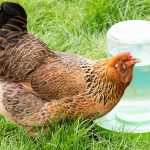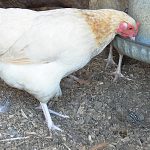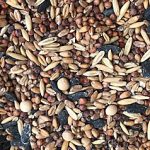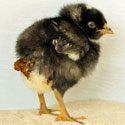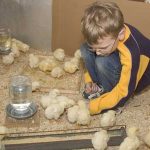
Chickens of differing ages have differing nutritional needs. Prepackaged poultry feed options therefore include rations for baby chicks, growing chicks, layers, and breeders. Which one is right for your chickens depends on their age and your purpose in raising them. Starter Ration Baby chicks should be fed a starter ration, which contains the high amount […]
Continue Reading
